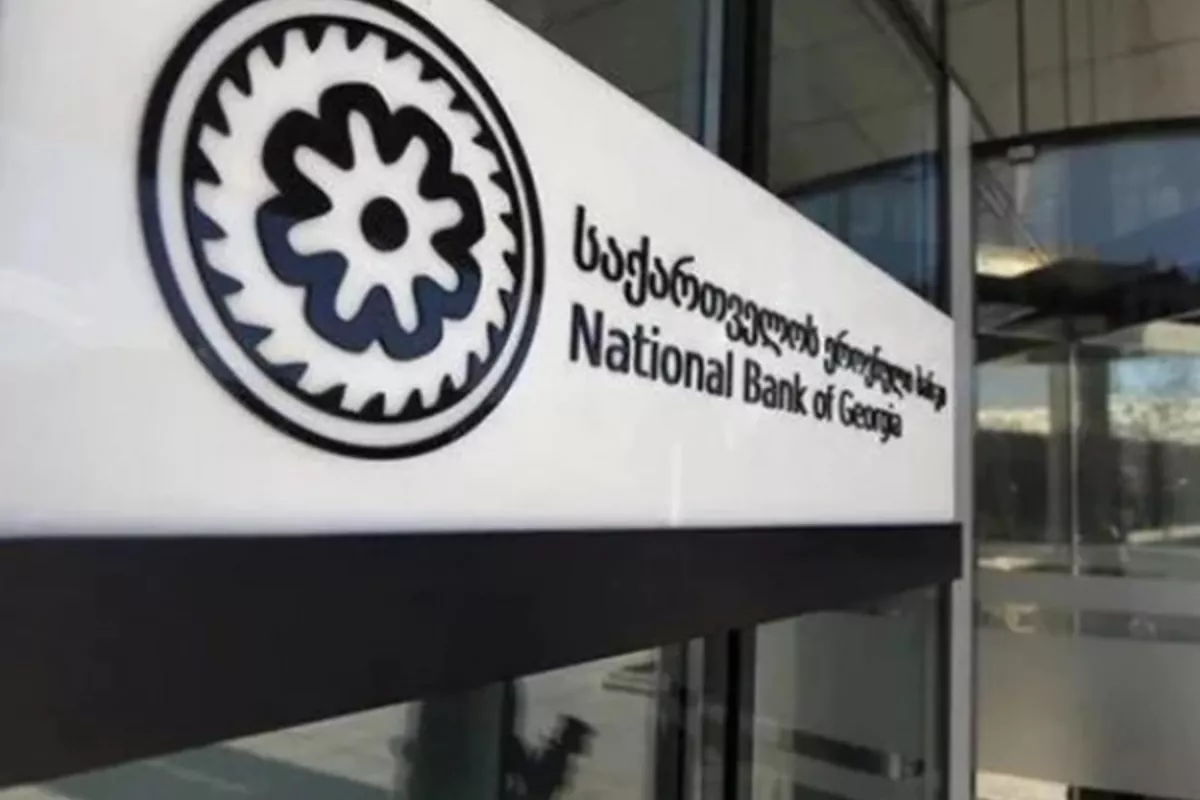
Photo credit: bm.ge
Georgia’s central bank is facing increasing criticism from economists after admitting it can no longer control inflation and raising its forecast for next year.
The National Bank of Georgia (NBG) said Thursday it now expects prices to rise faster than previously projected, while keeping its key refinancing rate unchanged at 8 percent, a move experts say signals deep concern about inflationary pressures in the months ahead, The Caspian Post reports citing foreign media.
Inflation forecast upward to at least 4 percent, compared with 3.8 percent in the previous outlook. It also lifted its 2026 projection from 3.1 to 3.5 percent. The central bank blamed persistent global uncertainty and growing domestic demand for driving prices higher.
In its report, the bank outlined three possible scenarios, high-inflation, low-inflation, and a central baseline, warning that energy prices, consumer demand, and supply chain disruptions could all play decisive roles. Officials said inflation could moderate if global fuel costs fall or domestic consumption cools, but for now, inflation remains “above target.”
Critics, however, argue the central bank has lost its grip entirely. Economist Lia Eliava told Rezonansi newspaper that the National Bank has failed to control price growth for more than two decades. “Inflation in Georgia has been chronically unstable,” she said. “The bank always blames local demand or foreign factors, but it simply cannot manage the process.”
Eliava said the bank’s decision to hold rates at 8 percent was driven by fear that it could lose its only tool to restrain prices. “The refinancing rate is essentially the price of money,” she said. “If the bank cuts it, inflation could accelerate; if it keeps it high, it squeezes credit and household income. This is how the central bank tries to artificially cool prices, but it comes at a cost to ordinary people.”
She added that the policy directly affects borrowers because commercial loan rates are tied to the central rate. “This is a mechanism for extracting money from the population and businesses,” Eliava said.
Other analysts took a more cautious view. Financial expert Giorgi Kepuladze agreed that inflation remains Georgia’s top economic challenge but said the bank was right to act conservatively for now. “Inflation has been climbing for two years,” he said. “While the overall rate is not yet alarming, food prices, which drive most of the increase, have jumped nearly 12 percent compared with last year. That’s a major hit to household budgets.”
Kepuladze said some 225,000 borrowers in Georgia have loans denominated in lari directly linked to the refinancing rate, meaning any future hike would push up their monthly payments. “A rise in interest rates makes borrowing more expensive, but if the central bank moves too slowly, prices will continue to climb,” he said. “They are walking a very thin line.”
The NBG’s decision reflects the difficulty of balancing growth and price stability in a small, import-dependent economy vulnerable to global shocks. The bank acknowledged that inflation has eased compared with the peaks of 2022-2023 but remains above its long-term 3 percent target.
Share on social media